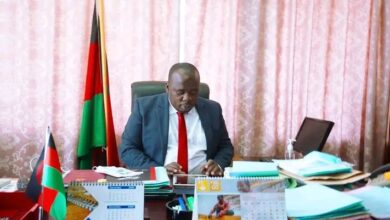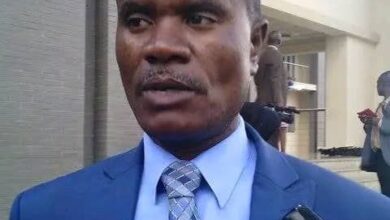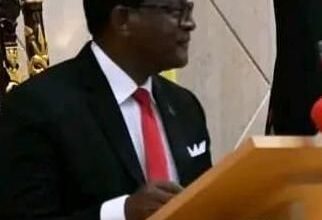Columns
The Future of Malawi’s Political Leadership: Will the Rotation of Presidency between MCP and UTM be Honored?
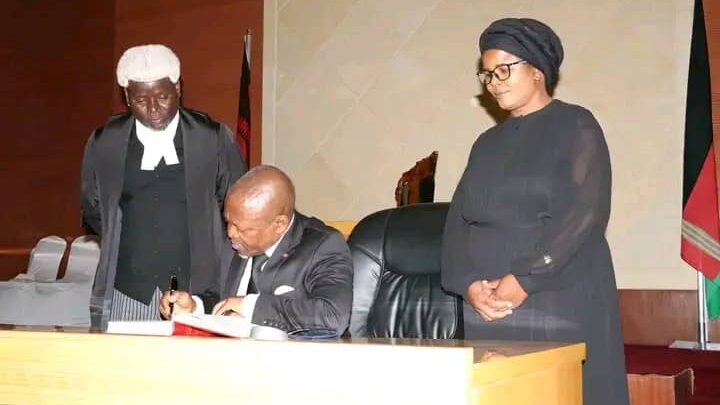
By Burnett Munthali
The recent appointment of Vice President Dr. Michael Usi has brought renewed attention to the rotational leadership agreement within Malawi’s Tonse Alliance between the Malawi Congress Party (MCP) and the United Transformation Movement (UTM). This article explores whether this agreement will be honored following Dr. Usi’s appointment and its implications for Malawi’s political landscape.
The Tonse Alliance was formed ahead of the 2020 elections, uniting MCP and UTM under a shared platform led by President Lazarus Chakwera. The alliance included a rotational leadership agreement, stipulating that leadership of the alliance would alternate between MCP and UTM, potentially affecting the presidency.
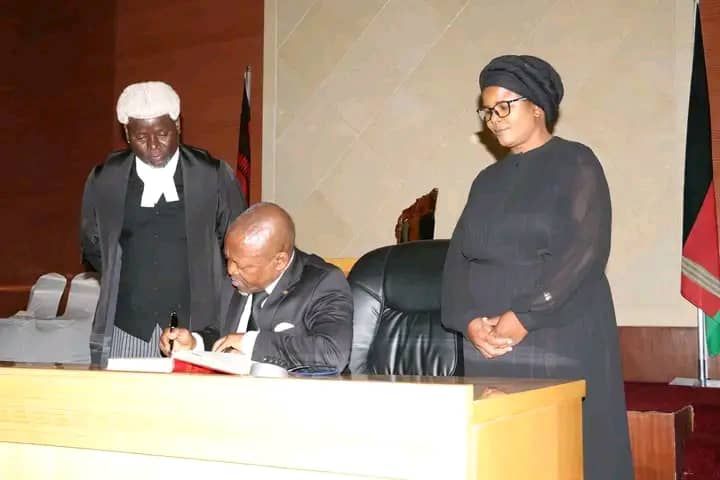
Dr. Michael Usi’s appointment as Vice President raises questions about the future leadership dynamics within the Tonse Alliance. As a prominent figure from UTM, his role and contributions will influence perceptions regarding UTM’s readiness to assume leadership when the rotation occurs.
The fulfillment of the rotational agreement depends on UTM’s performance within the alliance and public perception of its ability to govern effectively. Factors such as Dr. Usi’s leadership style, policy contributions, and alignment with alliance goals will be critical in determining UTM’s readiness for presidential leadership.
Public perception plays a significant role in determining whether the rotational agreement will be upheld. Positive public sentiment towards UTM and confidence in its leadership abilities could strengthen its position within the alliance.
Several challenges may impact the rotational agreement, including internal party dynamics, potential shifts in political alliances, and external pressures. Managing these challenges will be crucial for maintaining cohesion within the Tonse Alliance.
In conclusion, the future of Malawi’s political leadership hinges on the implementation of the rotational presidency agreement between MCP and UTM. Dr. Michael Usi’s appointment as Vice President adds a new dimension to this agreement, shaping perceptions of UTM’s readiness to assume leadership. As political dynamics evolve, monitoring UTM’s performance and public sentiment will be essential in assessing whether the rotational agreement will indeed be honored in the upcoming political transitions.
The final thought is that as events unfold, stakeholders and observers alike will closely watch how the alliance navigates the complexities of governance and leadership transitions in accordance with the rotational agreement.




